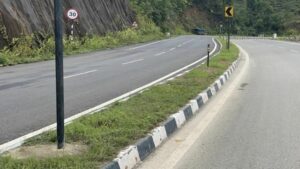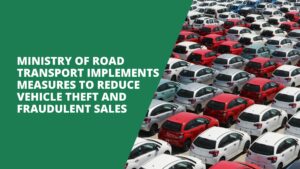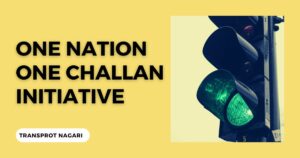Kolkata Government Implements Interlinked Payments for Commercial Vehicle Owners

In response to a growing concern over non-compliance with the mandatory fitness test for commercial vehicles, the state government has opted to interlink all payments required from vehicle owners. This means that if one payment is overdue, the subsequent payment cannot be made until the outstanding obligation is settled.
In addition to road tax, commercial vehicle owners are obliged to make mandatory payments for insurance, fitness, and pollution-under-control certificates.
During the period spanning from the financial year 2020-21 to 2022-23, the outstanding amount for fitness test charges and associated fines surged from Rs 16.71 crore to approximately Rs 43 crore.
The state information technology department has made significant strides in streamlining payment processes for commercial vehicles by introducing an innovative model that integrates all payment components under one unified dashboard on Vahan, the national database for registered vehicles in the country.
An official from the IT department revealed that the concept of tagging payment components to prevent users from evading their responsibilities came about after several accidents involving vehicles without valid fitness certificates were reported.
With the new system in place, commercial vehicle owners will no longer be able to selectively pay certain fees, such as skipping the fitness test while paying only the pollution test fee. This integration ensures that all aspects of payment are synced, leaving no room for oversight or negligence.
Presently, the transport department has a mechanism linking road tax with the fitness test, but the pollution and insurance fees remain disconnected. This has led to instances where vehicle owners may have paid insurance and pollution fees but neglected road tax and fitness test charges.
Records from the regional transport offices indicate that over 2,000 buses operating in and around Kolkata lack fitness certificates, rendering them unfit for the roads. The problem extends to 6,776 taxis and 2,578 autos that are also plying without valid fitness certificates.
Transport department officials have expressed concern over the increasing number of defaulters in fitness certificate payments. In the financial year 2020-21, outstanding dues from fitness tests amounted to Rs 16.71 crore, which escalated to Rs 22 crore in the following year. As of March 31, the total outstanding amount has soared to a significant Rs 43 crore.
The implementation of this integrated payment model aims to address these issues and ensure that all commercial vehicles on the roads meet the necessary fitness and safety standards.
According to outstanding figures, there has been a noticeable rise in commercial vehicle owners neglecting to undergo the mandatory fitness test.
The fitness test fee for buses is Rs 840, which many owners consider reasonable. However, several of them have pointed out additional expenses involved in preparing a vehicle for the test. This includes the cost of painting the bus and potentially replacing engine and brake oil.
Pradip Narayan Bose, the secretary of the West Bengal Bus Minibus Owners’ Association, highlighted that the cumulative expenses for preparing a vehicle for the fitness test could range between Rs 15,000 and Rs 20,000, which poses a significant financial burden for most private bus owners.
Adding to the deterrent effect, in February of the previous year, the state government increased fines for various violations. For instance, the penalty for operating a vehicle without a fitness certificate was doubled from Rs 5,000 to Rs 10,000. This has further discouraged commercial vehicle owners from getting their vehicles fitness certified.





